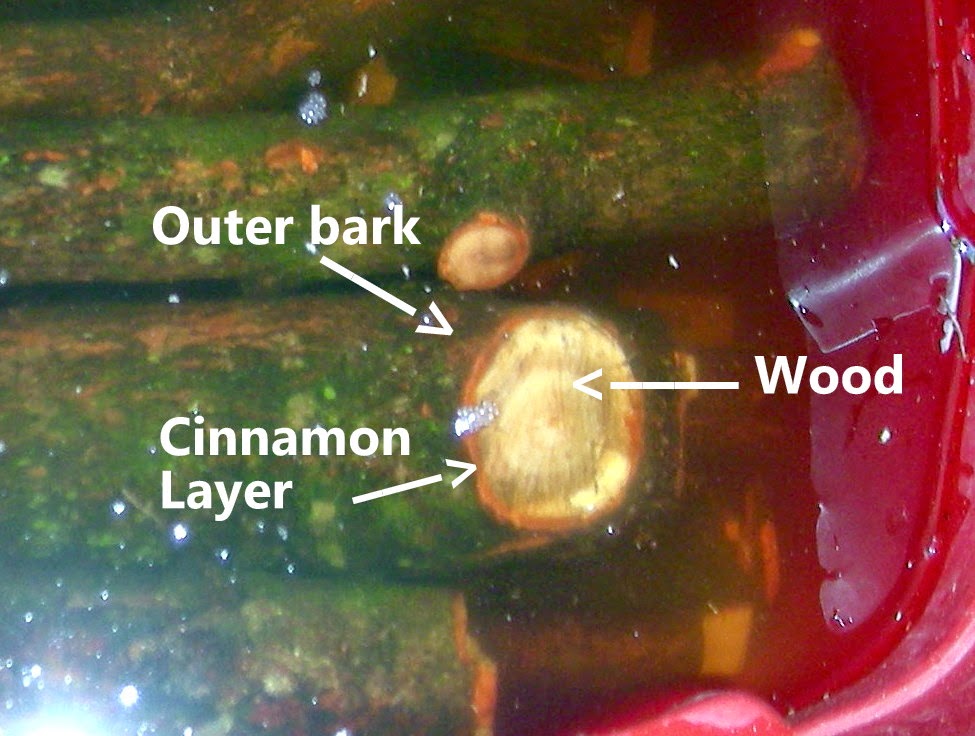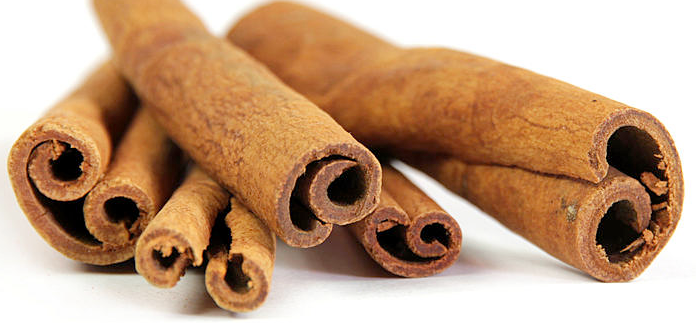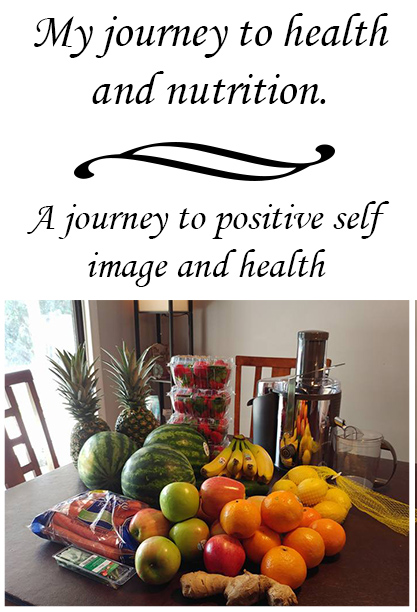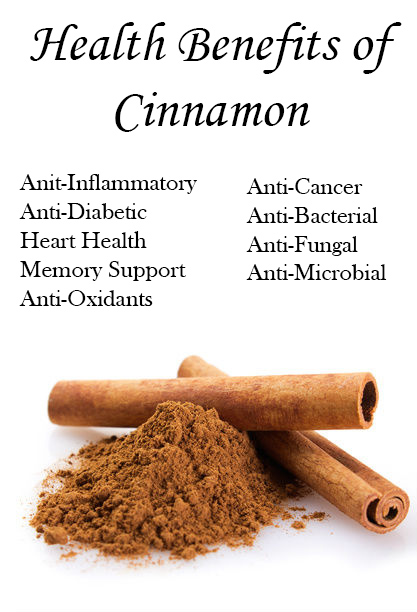Cinnamon Health Benefits
As you know I have been hyper focused on my health. I am learning the amazing healing powers that come out of the plants that God gave us! So, lets talk Cinnamon Health Benefits!! Would you believe that you only need 2 teaspoons full of cinnamon each day to reap its powerful health benefits? It’s true!! 
Cinnamon is made by cutting the stems of the cinnamomum tree. The inner bark is then extracted and the woody parts removed from it. When it dries, it forms strips that curl up, called cinnamon sticks. The sticks can be ground to form cinnamon powder. The distinct smell and flavor of cinnamon is due to the oily part, which is very high in a compound called cinnamaldehyde (2). It is this compound that is responsible for most of cinnamon’s powerful effects on health and metabolism. ~ www.authoritynutrition.com

Cinnamon Health Benefits
- Anti-Inflammatory – antioxidants in it have potent anti-inflammatory activity.
- Anti-Diabetic – Cinnamon is well known for its blood sugar lowering effects. Cinnamon has been shown to decrease the amount of glucose that enters the bloodstream after a meal by interfering with numerous digestive enzymes, which slows the breakdown of carbohydrates in the digestive tract (12, 13). There is also a compound in cinnamon that can act on cells by mimicking insulin, greatly improving glucose uptake by cells. (14, 15). Numerous human trials have confirmed the anti-diabetic effects of cinnamon, showing that it can lower fasting blood sugar levels by up to 10-29% (16, 17, 18).
- Heart Health – In people with type 2 diabetes, 1 gram of cinnamon per day has beneficial effects on blood markers. It reduces levels of total cholesterol, LDL cholesterol and triglycerides, while HDL cholesterol remains stable (8). More recently, a big review study concluded that a cinnamon dose of just 120 milligrams per day can have these effects. In this study, cinnamon also increased HDL (the “good”) cholesterol (9). In animal studies, cinnamon has been shown to reduce blood pressure (3). When combined, all these factors may drastically cut the risk of heart disease.
- Increase Sensitivity to Insulin – Insulin is one of the key hormones that regulate metabolism and energy use. It is also essential for the transport of blood sugar from the bloodstream and into cells. Many people are resistant to the effects of insulin which is a condition known as insulin resistance. Insulin Resistance is a hallmark of conditions like type 2 diabetes and metabolic syndrome. Cinnamon helps insuline to its job, lowering blood sugar levels.
- Possible improvements for Alzheimer’s disease and Parkinson’s disease – Neurodegenerative diseases are characterized by progressive loss of the structure or function of brain cells. Alzheimer’s disease and Parkinson’s disease are two of the most common types. Two compounds found in cinnamon appear to inhibit the buildup of a protein called tau in the brain, which is one of the hallmarks of Alzheimer’s disease (19, 20, 21). In a study looking at mice with Parkinson’s disease, cinnamon helped to protect neurons, normalize neurotransmitter levels and improve motor function (22).
- Anti-Oxidants – a substance such as vitamin C or E that removes potentially damaging oxidizing agents in a living organism.
- May protect against cancer – Cancer is a serious disease, characterized by uncontrolled growth of cells. Cinnamon has been widely studied for its potential use in cancer prevention and treatment. It acts by reducing the growth of cancer cells and the formation of blood vessels in tumors, and appears to be toxic to cancer cells, causing cell death. A study in mice with colon cancer revealed cinnamon to be a potent activator of detoxifying enzymes in the colon, protecting against further cancer growth (28).
- Anti-Bacterial / Anti-Fungal – Cinnamaldehyde, the main active component of cinnamon, may help fight various kinds of infection. Cinnamon Bark Essential Oil oil has been shown to effectively treat respiratory tract infections caused by fungi.It can also inhibit the growth of certain bacteia, including Listeria and Salmonella (30, 31).
The antimicrobial effects of cinnamon may also help prevent tooth decay and reduce bad breath (32, 33). - May fight HIV – A laboratory study looking at HIV infected cells found that cinnamon was the most effective treatment of all 69 medicinal plants studied (36).
How much Cinnamon should you have in a day?
Anywhere from 1/2 to 2 teaspoons. This is enough to reap the sweet cinnamon health benefits but not so much that damage can be caused.
It is not suggested that you have more than 1/2 cup of Cinnamon per day because not all cinnamon is created equal!
There are two main types of cinnamon (1):
- Ceylon cinnamon: Also known as “true” cinnamon.
- Cassia cinnamon: This is the more common variety today, what people generally refer to as “cinnamon.”
The Cassia variety contains significant amounts of a compound called coumarin, which is believed to be harmful in large doses. All cinnamon still has the same health benefits, but Cassia may cause problems in large doses due to the coumarin content.
Basically, don’t eat a bottle of cinnamon everyday!! It has health benefits in as little as .5 teaspoon!
Ready to eat some cinnamon?! Throw it in juice or in a sauce when cooking! I will be posting recipes that use cinnamon to help get you started! If you have a yummy way to use cinnamon, let me know in the comments below!
Added Recipes:
Fried Bananas
Cooked Carrots Recipe
~Laura Wright
This post contains affiliate links. For more information, see my disclosures here.
You may also like:




Summary
Article Name
Cinnamon Health Benefits
Description
Cinnamon Health Benefits - Would you believe that you only need 2 teaspoons full of cinnamon each day to reap its powerful health benefits? It's true!! Anti-Diabetic, Heart Health, Memory Support, Anti-Oxidants, Anti-Cancer, Anti-Bacterial, Anti-Fungal, Anti-Microbial.
Author
Laura Wright
Publisher Name
Living Wright
Publisher Logo
| Original content here is published under these license terms: | X |
|
| License Type: | Attribution | |
|
| License Summary: | You may copy this content, create derivative work from it, and re-publish it, provided you include an overt attribution to the author(s). |
|
| License URL: | http://creativecommons.org/licenses/by/3.0/ |



[…] Cinnamon Health Benefits […]